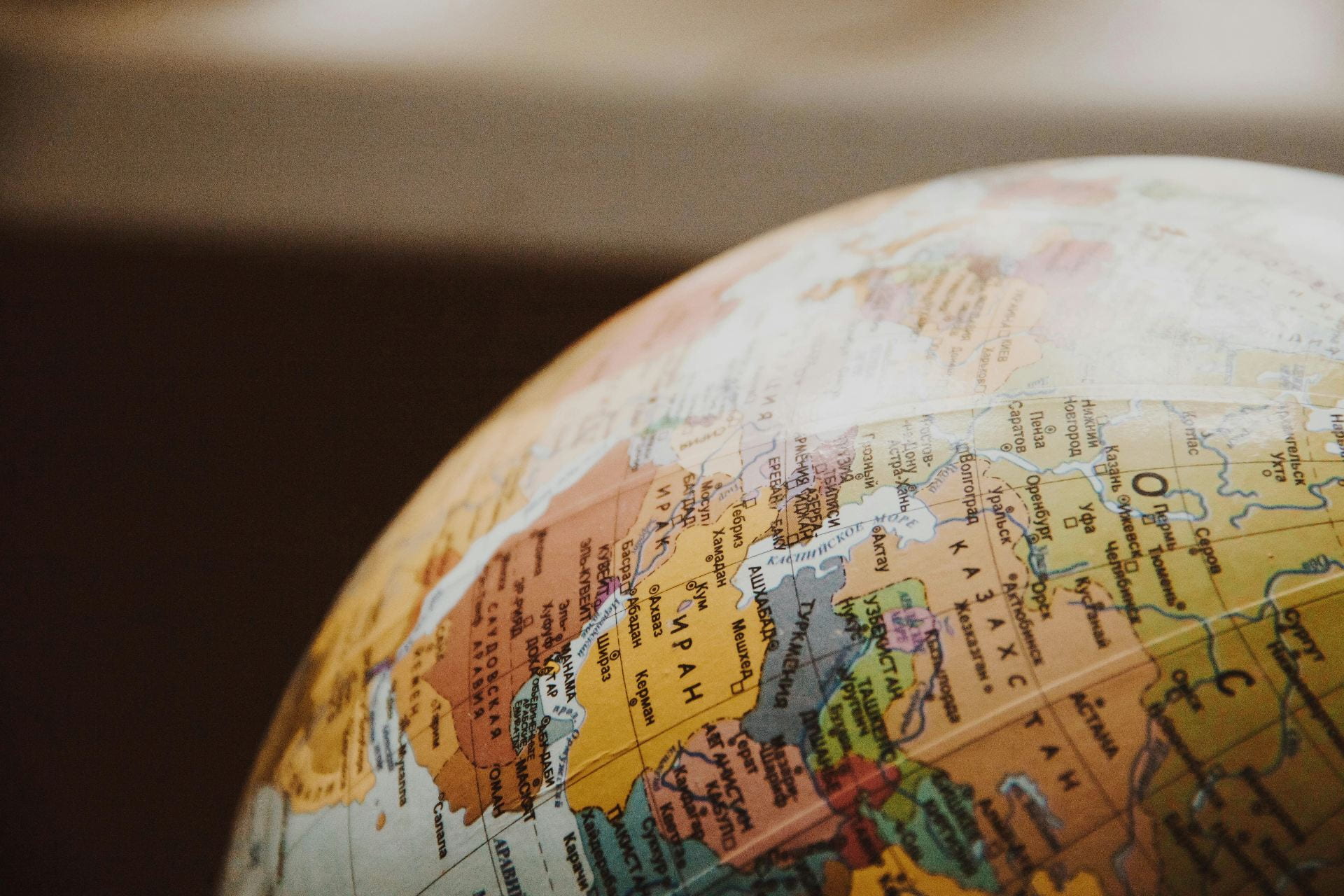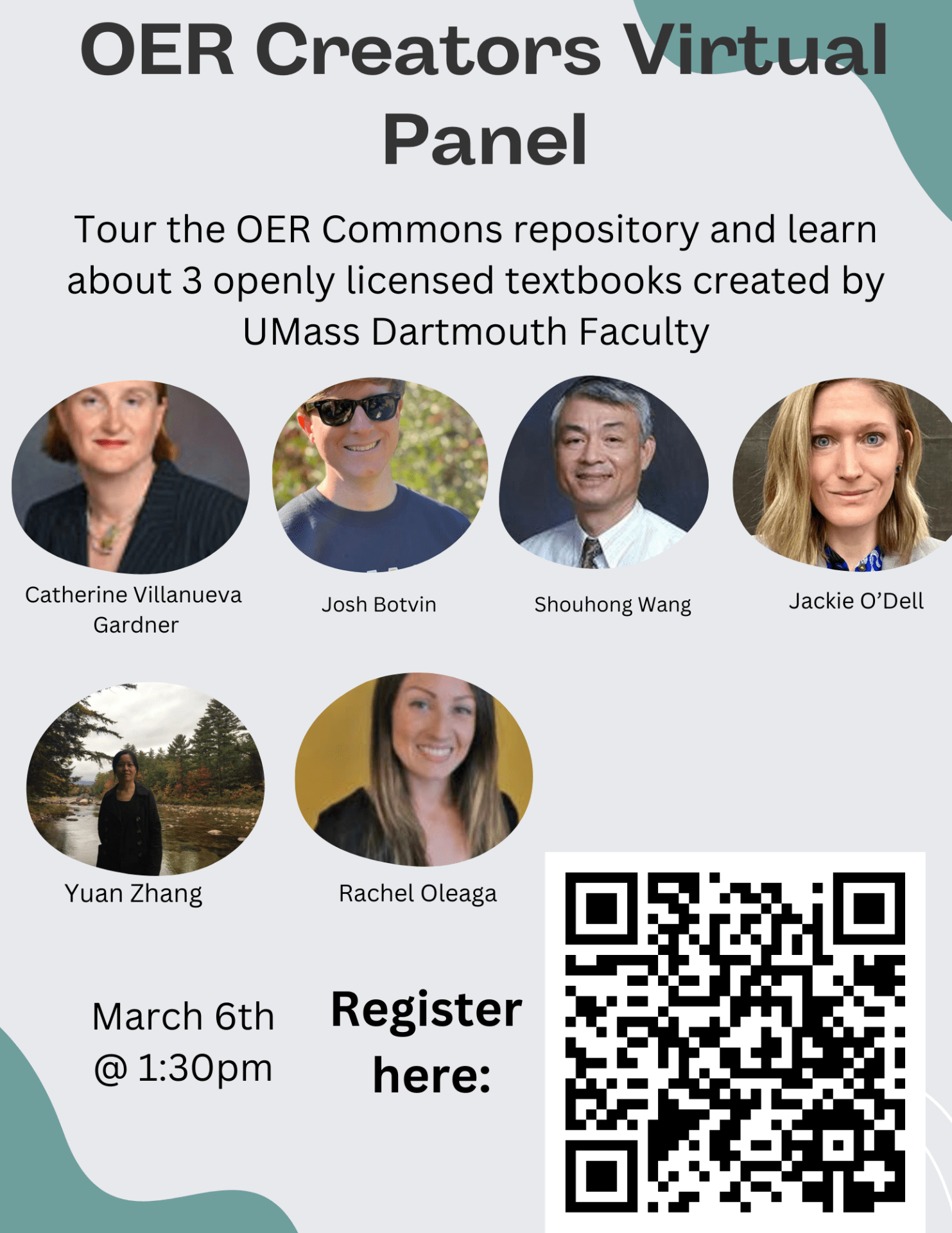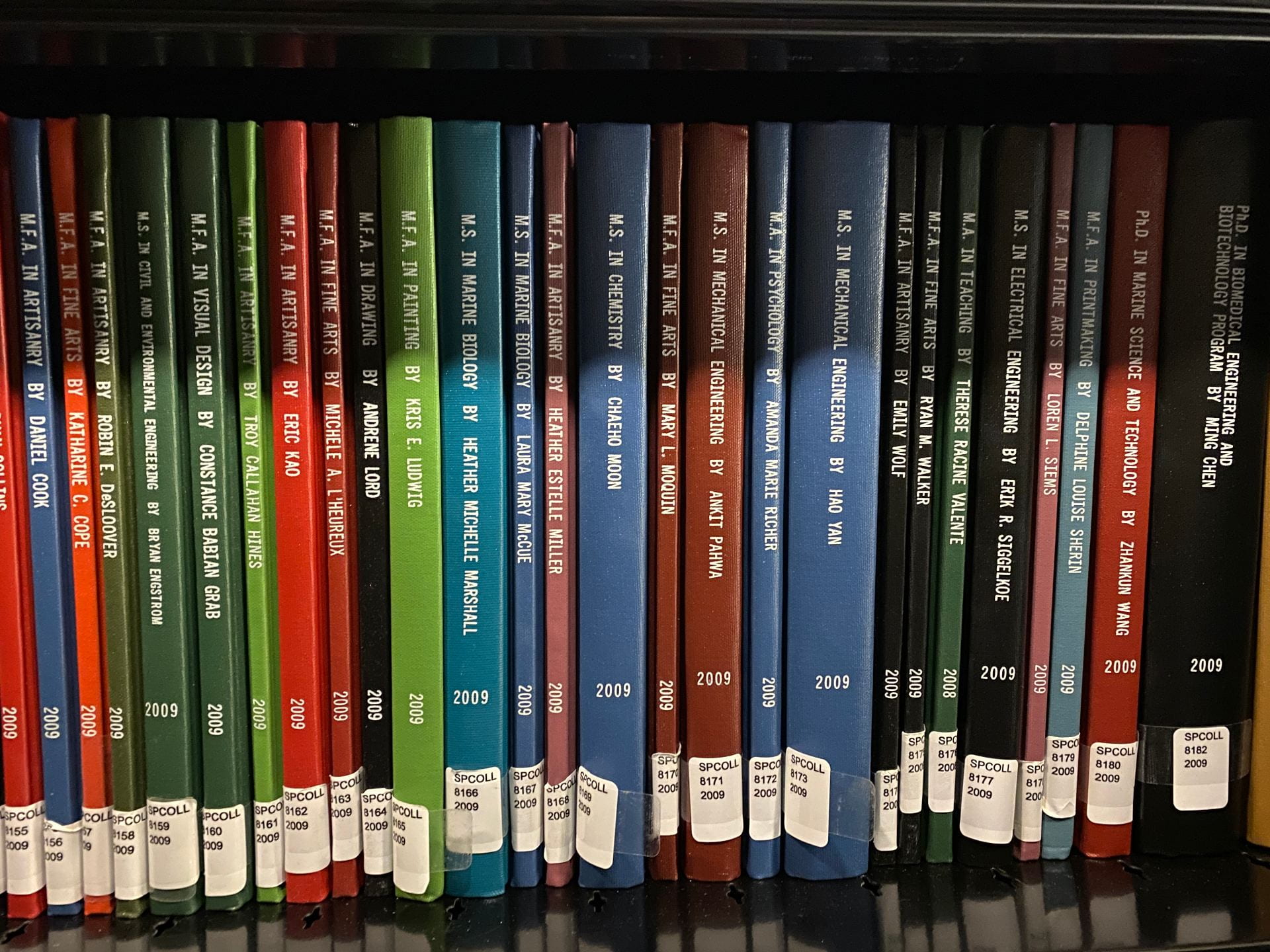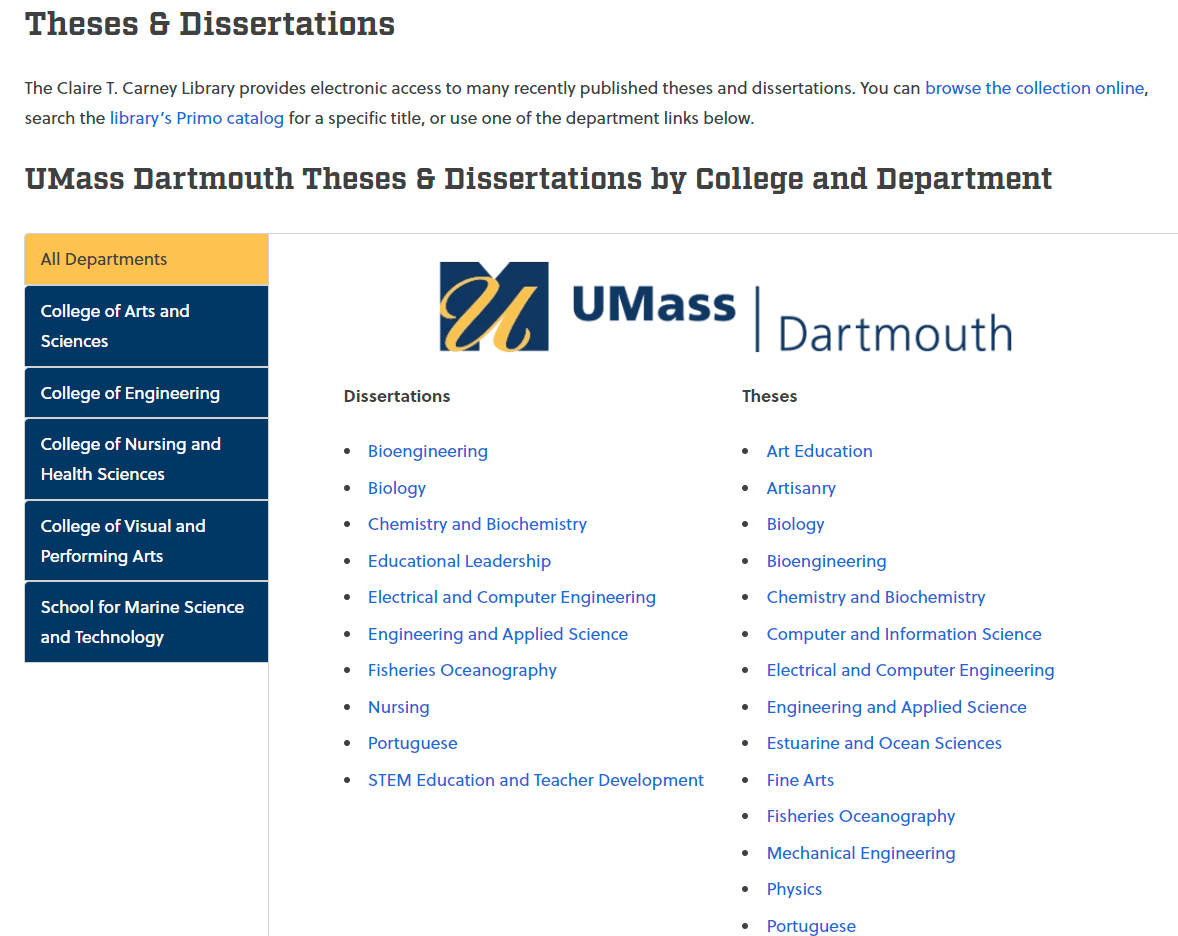Are you trying to do research on a particular country? You may be interested in their political or economic climate. You may be interested in their history. Or you may be interested in working or building a business there. Government data and statistics are often published in publicly accessible platforms and private companies help to analyze and organize that information. The library has access to up-to-date country reports and can direct you to numerous government sources and others to fill in the picture.
Ebsco’s Business Source Complete (BSC) database is the first stop. Enter the name of your country of interest, select “country report” under Publication Type and then hit Search. You will find monthly risk updates from S&P’s Country Monitor, lengthy analyses from Marketline, single page summaries and more. ProQuest’s ABI/Inform Trade & Industry database also has country reports with 10-year forecasts. Search for Fisk Report (name of country) and you will get reports for the country and reports for that country’s industrial sectors.
If your research is business related, Marketline does industry reports by country that are also found in BSC. You will find reports such as Marketline Industry Profile: Haircare in China or Marketline Industry Profile: Savory Snacks in India. The database IbisWorld also profiles industries for some of our largest trading partners, such as Oil & Gas Extraction in Mexico or Commercial Banks in China.
There are numerous .gov resources available. The first stop should be the State Department (https://www.state.gov/) where you will be given travel risk information and a description of US relations with the country of interest. From here you can link to many other .gov resources including the Commerce Department’s guides. The next stop is the Office of the US Trade Representative (https://ustr.gov/). Then on to the CIA (https://www.cia.gov/the-world-factbook/). You can also go directly to the Country Commercial Guides without going through the State Department site (https://www.trade.gov/country-commercial-guides).
For an international perspective, use the OECD (https://www.oecd.org/), the World Bank (https://www.worldbank.org/en/where-we-work) or the United Nations (https://data.un.org/en/index.html).
If you are researching an Emerging Markets nation, get a Boston Public Library eCard and use their database EMIS. “EMIS operates in and reports on countries where high reward goes hand-in-hand with high risk. We bring you time-sensitive, hard-to-get, relevant news, research and analytical data, peer comparisons and more for over 197+ emerging markets.”
And finally, don’t forget to check on the country’s own government agencies and websites. Most have at least some access in English and if you can read the local language can offer great depth of information. Google Ministry of (Finance? Economy? Health? Labor?) (country name) and you will usually find the .gov you are seeking. For example, googling Ministry of Economy Argentina gets you this result: https://www.economia.gob.ar/en/ which has some information in English and offers English speakers help with material only available in Spanish.




